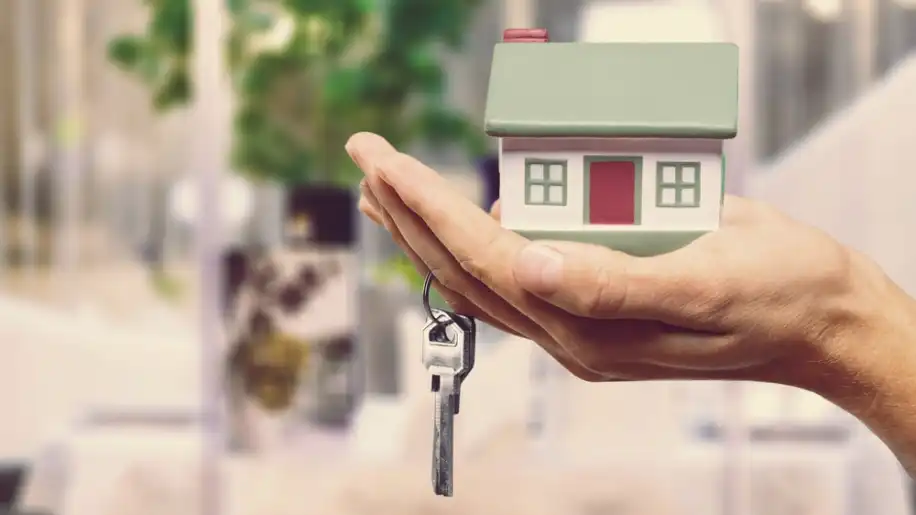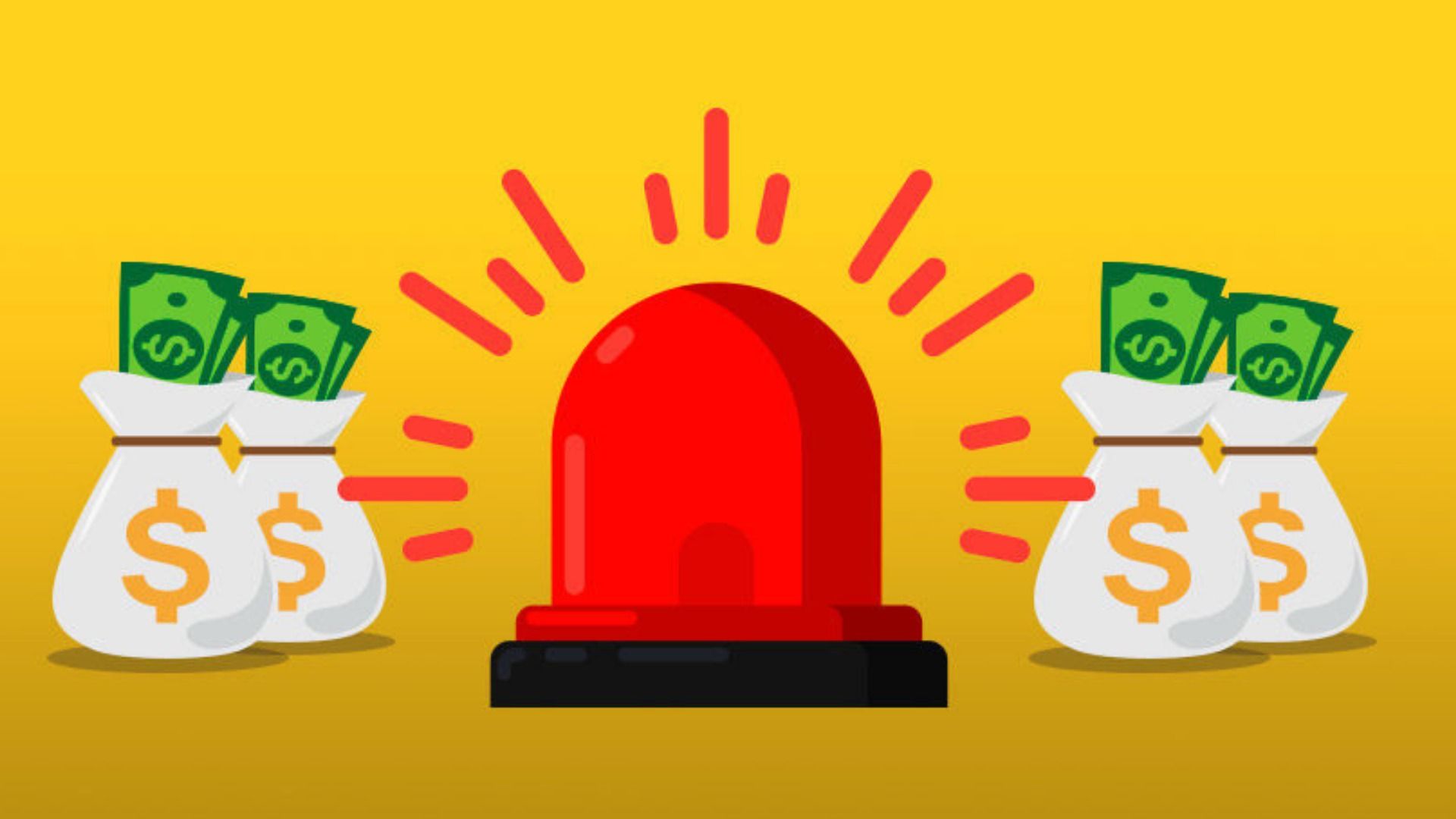
Buying a home is one of the most important financial decisions you will make in your life. That's why it's crucial to do it the right way, without going into debt for life.
If you buy a home with a mortgage you can't afford, you'll be in a difficult financial situation for many years to come. This can affect your ability to save, invest and reach your long-term financial goals.
In addition, if you lose your job or have an unexpected expense, you could have trouble meeting your mortgage payments. In a worst-case scenario, you could lose your home and face foreclosure.
Saving for a down payment on a home
The down payment is one of the most important parts of buying a home, since it represents a large amount of money that we must have available. Here are some tips on how to save:
- Establish a monthly budget and save a portion of your income in a separate account for the down payment;
- Reduce unnecessary expenses, such as eating out or buying clothes you don't need;
- Look for ways to increase your income, such as working overtime or looking for an additional job;
- Consider more affordable housing options, such as an apartment or small house, to reduce the cost of the down payment;
- Research government or financial aid programs that can help you get a lower down payment;
- Save with consistency and determination, and soon you'll have the down payment you need to buy your dream home without going into debt for life.
Create a detailed budget
Before you start looking for a house, it's important that you have a clear idea of how much you can afford to spend. To do this, you should create a detailed budget that includes your monthly income and all of your fixed and variable expenses, such as rent, utilities, food, transportation and any other expenses you have.
Once you have your detailed budget, you will be able to determine how much money you can allocate to buying a house.
Invest in low-risk financial instruments
One of the keys to buying a home without going into debt for life is to invest in low-risk financial instruments. This means that you should look for investment options that give you a decent return, but at the same time do not involve a high risk to your money.
Some low-risk investment options include certificates of deposit, mutual funds and government bonds, by investing in low-risk financial instruments, you are protecting your money from inflation.
The additional costs involved in a mortgage
Buying a home involves more than just paying the sales price, when obtaining a mortgage, there are also additional costs that must be considered:
- Closing Costs: these are the costs associated with transferring the title to the property and obtaining the mortgage. They include attorney's fees, recording fees and other administrative costs;
- Appraisal: The lender will require an appraisal to determine the value of the property. This appraisal must be paid for by the buyer;
- Mortgage Insurance: If the buyer does not have a down payment of 20% or more, mortgage insurance will likely be required to protect the lender in the event of a default on the loan;
- Maintenance and repairs: Once owned, maintenance and repairs are the responsibility of the buyer.
It is important to take these additional costs into account when considering a mortgage and make sure they fit within your overall budget.
How to calculate how much money you need to buy a home
To figure out how much money you need to buy a home without going into debt for life, before you start looking for a home, it's important to know how much money you can afford to put toward the purchase.
Once you are clear about how much money you can afford to spend on the purchase, you should research the average price of houses in the area where you want to live, in addition to the price of the house, you should consider other expenses such as down payment, taxes and notary fees.
If you opt for a mortgage loan, you must take into account the interest rate offered by the banks, it is important not to commit more than 30% of your income in the monthly payment of the mortgage loan to avoid falling into a complicated financial situation.
Seek professional help
A good real estate agent can help you find the right house for you and negotiate a fair price. A real estate attorney can review contracts and make sure everything is in order before you sign. A financial advisor can help you assess your financial situation and determine how much you can afford to spend on a home without putting your finances at risk.
Seek professional help to make sure you are making the right decisions and avoid costly mistakes.






